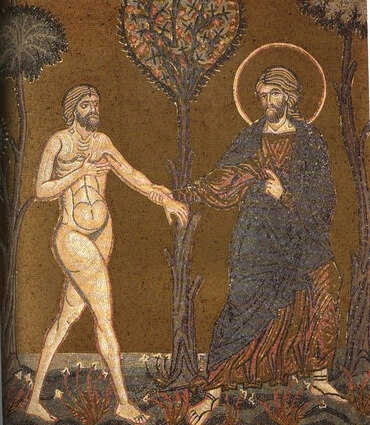Faith # 65
65. 3. The description of the battle between the ram and the goat in Daniel shows that in the Word, goats mean people who are devoted to a faith divorced from caring. Spiritually understood, everything in Daniel, like everything in Sacred Scripture as a whole (as noted in Sacred Scripture 5-26), is about matters of heaven and the church. This then holds true for what it says in chapter 8 about the battle between the ram and the goat, as follows:
In a vision I saw a ram that had two tall horns, the taller of which rose up behind [the other]. With its horn the ram pushed westward, northward, and southward and became enormous.
Then I saw a goat that came from the west across the surface of the whole earth; it had a horn between its eyes. It charged at the ram in the fury of its strength, broke the ram’s two horns, and cast the ram to the ground and trampled it. The large horn of the goat was broken, and four horns sprang up in its place. A little horn came out of one of them, which grew tremendously toward the south, toward the dawn, and toward the glory, and even to the host of the heavens, and cast down to earth some of the host and some of the stars, and trampled them. The goat even exalted itself toward the Leader of the Host, and took the daily offerings away from him and cast down the dwelling place of his sanctuary, because it cast truth to the ground. And I heard a holy one saying, “How long will this vision last concerning the daily offerings and this destructive sinning, the trampling of the holy place and the host?” And he said, “Until the evening [and] the morning: then the holy place will be set right.” (Daniel 8:2-14)
Come

As with common verbs in general, the meaning of “come” in the Bible is highly dependent on context – its meaning is determined largely by who is coming to whom and the circumstances of the action. In general, though, to come to someone - or to come to a place - represents the presence of one spiritual state with another, communication from one to the other and ultimately conjunction between them.






